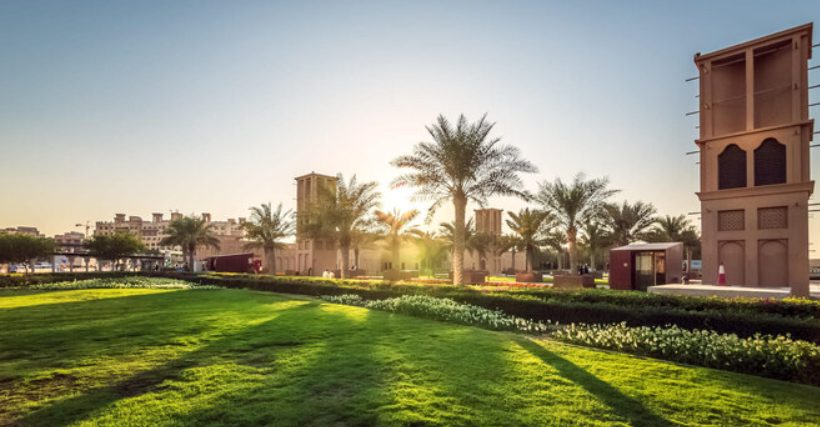
09 Dec 2024
JEDDAH: Saudi Arabia has launched the first national sustainability committee to drive a green economy and integrate environmentally forward business practices.
On Dec. 8, the Federation of Saudi Chambers announced the formation of its first committee on its X platform, with Khaled bin Abdulrahman Al-Othman appointed as chairman and Nouf bint Abdulaziz Al-Ghamdi selected as vice chairman.
The Kingdom shares the environmental challenges witnessed in many other countries, mainly stemming from rapid industrialization and population growth.
In response, Saudi Arabia is taking decisive action to tackle climate change, protect its environment, and reduce carbon emissions, according to the Saudi Press Agency.
Aligned with international climate pacts such as the Paris Agreement, the nation is committed to mitigating the effects of climate change. The Kingdom, with its arid climate and vast desert terrain, is especially vulnerable to these environmental impacts.
To combat these challenges, the Saudi Green Initiative was launched in 2021, with goals to reduce carbon emissions, plant 10 billion trees, and protect 30 percent of the country’s land and marine areas.
The SGI represents a shift from vision to implementation, with over 80 initiatives launched, backed by a $188 billion investment. These undertakings cover key areas such as afforestation, biodiversity conservation, and emissions reduction.
The Kingdom is also progressing toward its goal of becoming the world’s leading producer and exporter of hydrogen, with plans to sequester 27 million tonnes of CO2 annually by producing 4 million tonnes of clean hydrogen.
Saudi Arabia has made impressive strides in transitioning to clean energy. In the past year, it connected 1.3 gigawatts of renewable energy to the national grid, raising its total renewable capacity to 4.1 GW.
Additionally, four new gas-fired power plants have been commissioned, increasing the share of electricity production from natural gas to 50 percent by 2030.
The SGI has also driven significant progress in land rehabilitation, with over 95 million trees planted and 111,000 hectares of land restored — equivalent to over 172,000 football fields. Through these efforts, the Kingdom is well on its way to creating a sustainable and green economy.